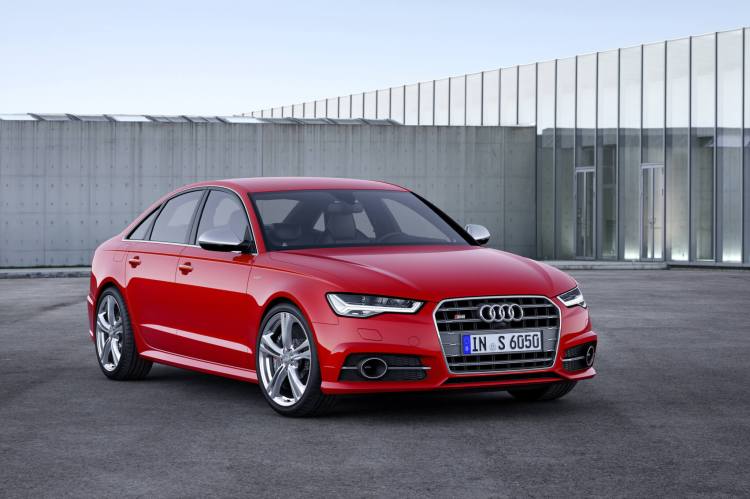The car I drove into work today kept reading text messages to me.
The first time it happened, it was a little shocking. My son told me he wanted to borrow my snowshoes for a trip, so I dictated a message back and told him that would be fine.
This was possible because car companies have relented to Apple CarPlay and Android Auto and let them become intermediaries. Many makes and models can read text messages, including many Ford and Nissan vehicles, but I was using Siri in a 2017 Audi S6, and the interface that pops up on the screen looks exactly like an iPhone (with bigger icons). To have Siri read a new message, I just clicked on it when a new message arrived. To dictate a message back, I pressed reply and talked to Siri. It’s familiar, easy, and actually works.
How does it normally work in other cars? Not that fluidly, depending on the vehicle. I’ve never actually seen this feature work in an Audi without CarPlay, but on some older cars, you have to wait until the car prompts you and then, speaking slowing over the road noise, try to dictate your message to a bot that barely understands simple voice commands for adjusting the heat or finding a pizza place. One reason CarPlay and Android Auto work so well is that the speech recognition has improved to the point where we barely notice it anymore.
It’s also good that CarPlay is so simplistic. Because this particular Audi has a powerful V8 engine, I wanted to focus on driving and not on fiddling with any buttons. I’ve liked CarPlay since it first came out because everything is clear as a bell. There’s a row of icons for your phone, music, texting, navigation, podcasts, and a few other options that match up with the iPhone. Car companies tend to want to throw a bunch of apps at you in the car, but most drivers want the basics, like automated texting and easier phone calls. I mainly want to hear a few texts read to me and maybe dictate a reply or two on my drive — nothing overly complicated.
This focus and simplicity helped me in another way. Because I understood the interface and could focus on driving, I dictated longer text messages. When my wife texted me about dinner plans, I replied suggesting a new pizza place across town with a weird name. I knew Siri would get the it on a first try. In other test cars? I’ve had to spell out the name either by voice or by pulling over and literally typing the name into the navigation system.
CarPlay has only one weird glitch. In some cases, when you connect your phone using USB, you have to visit settings and approve the sync. Sometimes, there’s a prompt to confirm you really want to use CarPlay in the car and on your phone. For some reason, I didn’t have to do that in the S6 — maybe I had already done that once in a different Audi vehicle.
Otherwise, the platform is designed to make things as easy as possible. I imagine Apple and car companies like Audi will eventually add more features to CarPlay, such as the ability to watch a movie or stream Netflix only to the backseat video displays. And we all know Apple will eventually start integrating more features into the car systems, possibly reminding you know about maintenance issues or when a repair is needed. CarPlay seems like a proof of concept right now and will likely evolve over time. For now, it’s helping me drive better.


